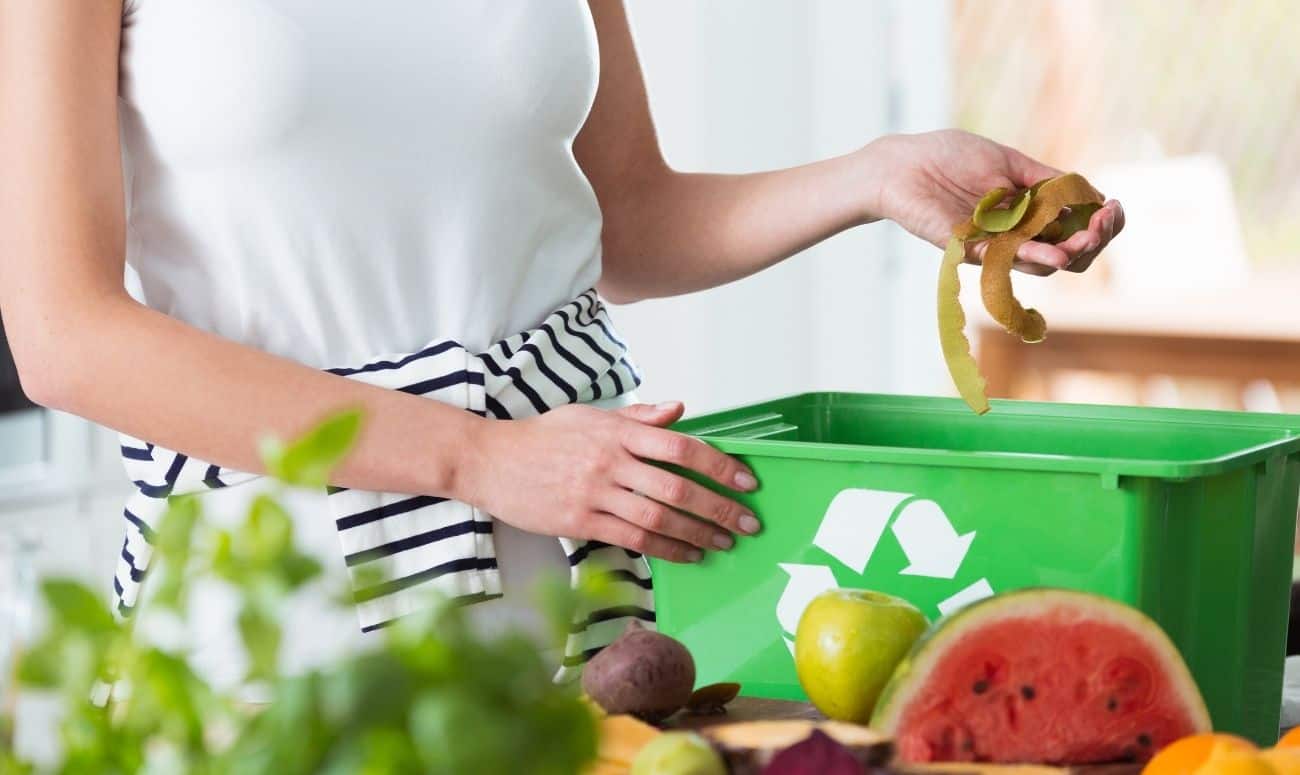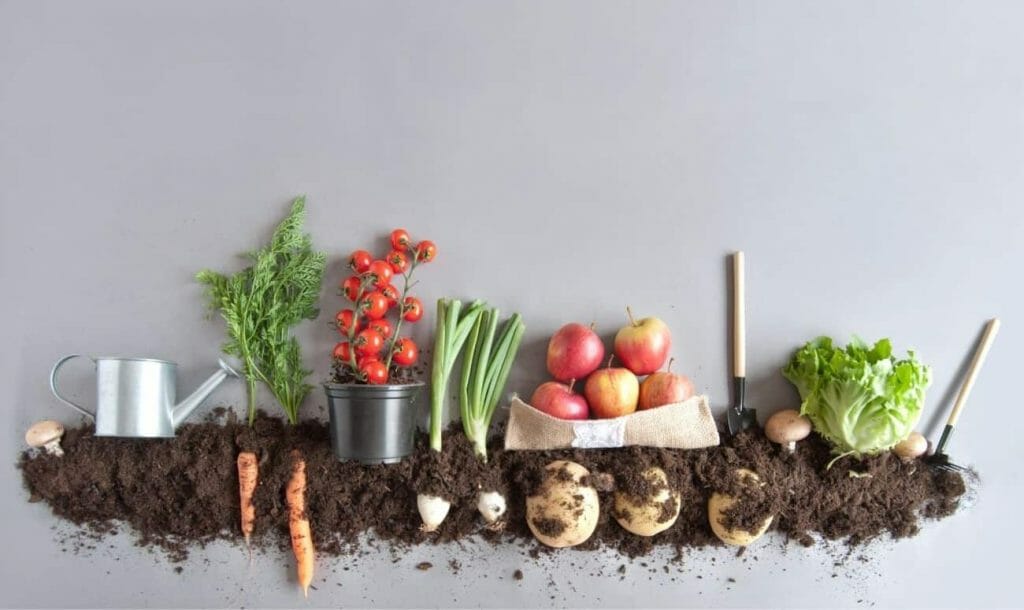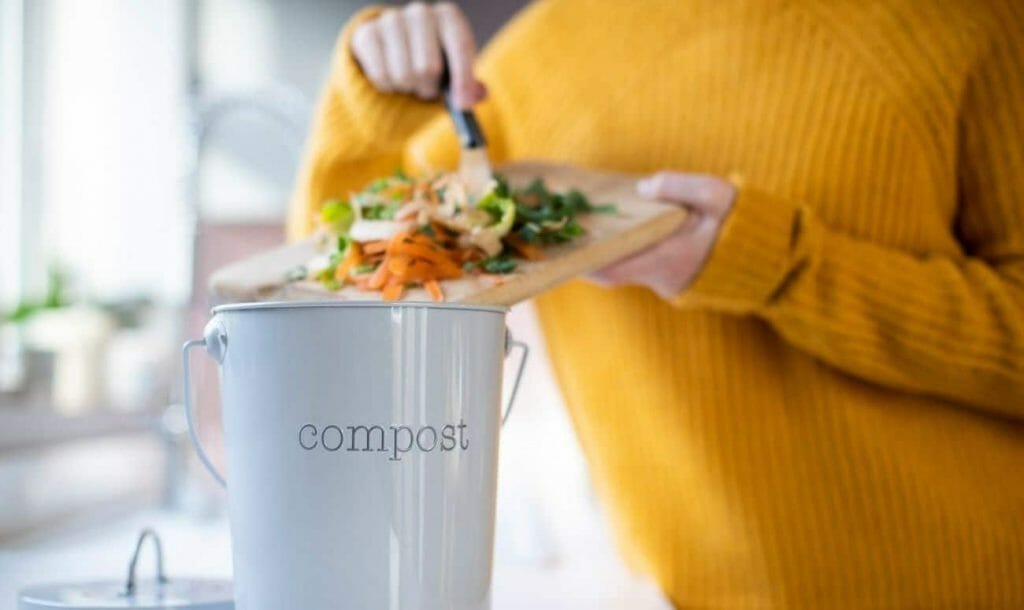After living through a year that taught us the importance of sustainability and how close we are to destroying our own planet, many are taking active steps to correct their ways. And making this choice of living a zero-waste lifestyle is a major step if slowly and steadily we all adopt this practice for a greener tomorrow. One of the most impactful ways you can go zero waste is by composting what you’re consuming or producing. While it does take a lot of hard work and self-regulation, if taken one day at a time, you can definitely reach your low waste lifestyle goals with the right steps and honest consistency.

Why is it important to live zero waste?
On average we produce 2 kgs of trash each day per person and that can be a lot when collected and disposed of together. Just imagine the amount of trash your city or district is accumulating on a daily basis, doesn’t it seem alarming? It can be quite an eye-opener to realise the negative impact the garbage that we produce has on our planet. Not just that but the things that we dispose of lie in landfills and take years to decompose. Normal plastic items take up to 1000 years to decompose. The plastic bags we use daily take around 10-20 years and the plastic bottles take about 450 years. Not just plastic but the food that we consume isn’t always properly disposed of and almost 40 percent goes to waste.
But how does composting help?
If you’re aware of the concept of the circle of life and like us, you’re a major fan (Thanks Lion King!), then you’re going to love the idea of composting. Composting consists of disposing of food in a certain organic manner that can help it break down effectively. When treated to the right amount of air, sunlight and water, the food transforms into a nutrient-rich fertiliser that can be returned to the earth. Composting also helps us reduce the amount of garbage we’re sending to the landfills and does so in an eco-friendly manner that benefits the planet. Composting can help you reduce your garbage by over 30 percent and who knows, you could use your homemade fertiliser to start your very own kitchen garden.
Ok, I’m in, what should be my first step?
Firstly, you need to figure which composting container would be suitable for your living situation along with your preferred method. Depending on whether you live in a massive mansion or a tiny apartment, you can pick a compost system that works best for you, from a regular stationary compost bin to worm bins that can allow you to compost without the need for ample land.
The easiest place to start is with a tumbler bin, which is essentially a large container that lets you mix contents within it so that you can aerate the pile whenever required. With this method, you can ideally get good compost in about 3-4 weeks’ time.

You can also skip the bin and create an open-air compost pile. But make sure to place it at a discreet location to avoid inconveniencing your neighbours in case the compost starts getting smelly.
Where should you place your compost bin?
As mentioned above, the best place to keep your compost bin is where it’ll get a healthy amount of sun, air, and water. Always choose a spot that has moderate sunlight and easy access to water. Make sure that wherever you place your bin, the vents aren’t blocked by structures such as a wall or a table or by vegetation.
Start by looking for a spot that has at least 3 square foot area. This way you can comfortably arrange your compost bin, gardening tools and have enough room to transport your stockpile. Also, it goes without saying that the spot you choose should be easy access for you to bring your scraps without causing a mess. And finally, ensure that your bin has easy drainage so that the liquid that drains from your bin can easily be absorbed by the earth. Placing your bin upon the bare ground is the best way to go about it. Avoid cement or wood as it prohibits drainage.
What can I add and not add to my compost bin?
While it’s a great way to dispose of your table scraps, not everything from the table can end up in the bin. It is meant only for organic nitrogen-based and carbon-based materials, which is essentially 50 percent green and 50 percent of brown materials. A few examples of greens are vegetable scraps, fruit scraps, bread, nutshells, coffee grounds, tea bags, etc., while a few examples of browns are dead tree leaves, branches, sawdust, hay, untreated wood, newspaper, shredded mail, corks, paper, etc.
What you shouldn’t be composting are materials that can release certain bacteria into your compost. You see, decomposition requires the help of microorganisms and bacteria from foods like meats and bones, dairy products, fat, and cooking oils, treated wood, dog and cat poop, weeds, diseased plants, plastic products, and metals can negatively affect them.
How do I start and maintain my compost pile?
Start by filling your bin in 3-6 inch layers, alternating between nitrogen-based materials (the greens) and carbon-based materials (the browns). Try to use smaller pieces as they compost faster.
Next, water every other layer but make sure to do it in a moderate amount so as to not waterlog your compost and make it soggy. The layers need to be moist for the compost to thrive, but it purely depends on you and what your understanding of your compost is. Keep watering and layering but feel free to add more water when you think the pile getting a bit too dry.
One of the most important elements is aerating, which means turning your compost to mix the materials and let the air enter it properly.
Repeat the steps wherever necessary to maintain an ideal environment for the materials to decompose. Keep note of your batch and how it looks, feels and smells to ensure that your pile is healthy.
We hope these tips help, happy composting!
Read more: The Power of Power Naps: What Are Its Benefits?
Like & Follow ThinkRight.me on Facebook, Instagram, Twitter, and Telegram to stay connected






























